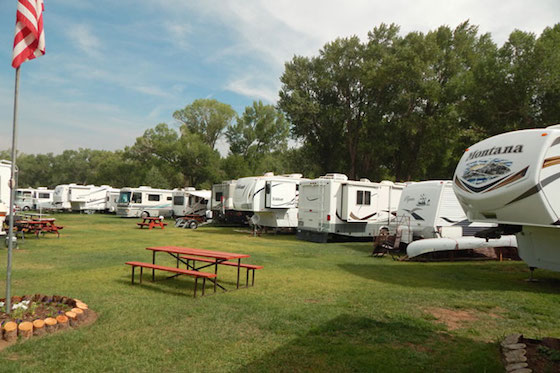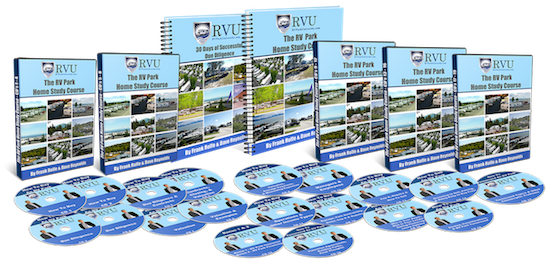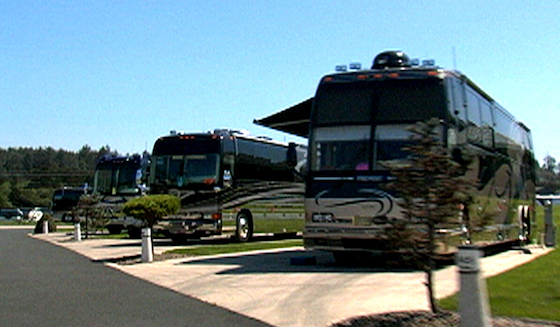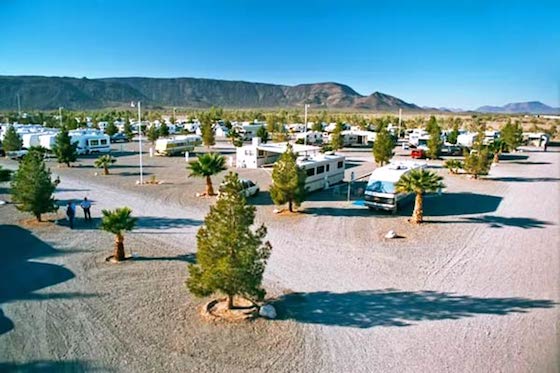The Federal Reserve recently announced its intention to continue to raise interest rates going forward, with the prediction being an entire point of rise over the next 12 months or so. So if higher rates are a given, how can smart RV park owners hedge this trend?
Always push net income to outpace interest rates
With rising interest rates, the only way to defend yourself is to increase net income at an equal pace. And the #1 way to do that is with higher revenues. Improve your marketing and make sure your rates are in-line with the market. Try to increase customer stays by giving them entire activity kits of all the area has to offer. And keep your costs as low as possible. If you can increase net income in-line with interest rate increases, then you will feel no impact.
Lock on long loan maturities at fixed rates
When interest rates are rising, smart RV park buyers are always looking to lock in fixed rates for as long a time as possible. It’s the reverse of when rates are falling and all owners are trying to get variable rates and short maturities. Try to get at least 5 years, but fight to hit 10 years in loan term if possible. You’ll be glad you did.
Understand the rate ceiling
Following the Great Recession, the government deployed quantitative easing to drive rates down to nearly 0%. As this program has been ending, rates have been returning to normal rates (which have averaged around 6% since 1776). But don’t think that the sky’s the limit. While Ronald Reagan was able to drive rates to nearly 14% during this reign, he did that when the national debt was under $1 trillion. Today, with over $20 trillion in debt, the U.S. government would be insolvent at much higher rates than where we are today, as it is the largest debtor in the world.
The big risk is renewal, so plan well ahead
In times of rate instability, the greatest risk any RV park owner can face is in loan renewals. The problem is that many banks pull in their horns when they have trouble guessing where rates are headed. So give yourself plenty of time to refinance. We typically start the refinance process two years ahead of maturity. This gives us not only a year to find a new loan, but another year to sell the property if we fail, before the note comes due.
Conclusion
Sure, rates are probably going to go up. But that does not mean that you have to be exposure to this risk, or that you can’t buy RV parks in times of rise. It simply means that you have to acknowledge this trend and plan accordingly.






